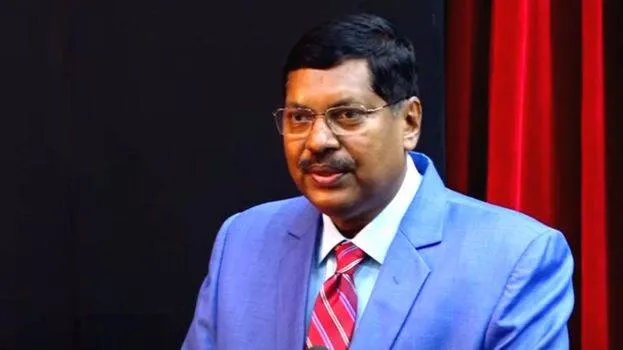India is set to appoint its 51st Chief Justice on May 14, a day after the retirement of incumbent Chief Justice Sanjiv Khanna. Justice Bhushan Ramkrishna Gavai will be taking up the role and succeeding Khanna, local media reported.
The announcement follows the customary procedure, with the outgoing CJI recommending Justice Gavai as his successor to the Union Law Ministry, which had earlier sought the nomination.
Justice Gavai will serve a tenure of approximately six months, with his retirement scheduled for November 2025. He will become the second Dalit to assume the country’s highest judicial office, following Justice KG Balakrishnan, who was appointed in 2007.
Hailing from Amravati in Maharashtra, Justice Gavai began his legal career in 1985, working with barrister Raja Bhonsale, a former Advocate General and High Court judge. He began practicing independently at the Bombay High Court in 1987, focusing primarily on constitutional and administrative law, particularly at the Nagpur Bench.
In 1992, he was appointed Assistant Government Pleader and Additional Public Prosecutor at the Nagpur Bench. He rose to the position of Government Pleader and Public Prosecutor in 2000. His judicial career began in 2003 when he was appointed as an Additional Judge of the Bombay High Court, and he was made a permanent judge in 2005. Justice Gavai was elevated to the Supreme Court in 2019.
During his tenure at the apex court, Justice Gavai has been part of several significant verdicts. Notably, he was on the bench that upheld the central government’s 2016 demonetisation decision. More recently, he was part of the bench that struck down the controversial electoral bonds scheme, terming it unconstitutional.






